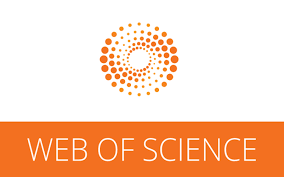“IMPROVING THE METHODOLOGY FOR ASSESSING THE FINANCIAL STABILITY OF ENTERPRISES”
Abstract
Financial stability assessment is becoming increasingly important in the context of global economic volatility, rising inflation, and heightened default risk. This systematic literature review synthesizes theoretical approaches, empirical findings, and international experience in assessing financial stability at the firm level. Drawing on classical, neoclassical, and modern financial theories, as well as regional and international research, this article examines the key indicators that shape financial stability—liquidity, profitability, capital structure, and risk. In addition, it describes stress testing, cognitive modeling, and machine learning techniques for early detection of bankruptcy risk. The review also highlights Uzbekistan’s evolving methodology in line with the requirements of the digital economy. This work contributes to improving the theoretical and methodological foundations of financial stability assessment and recommends integrated models adapted to the transition economy.














